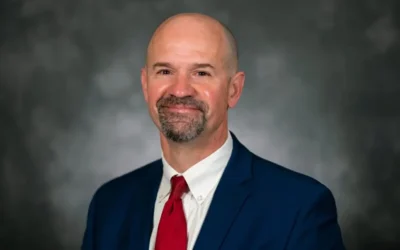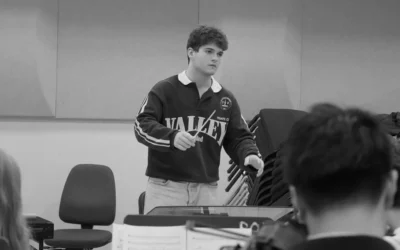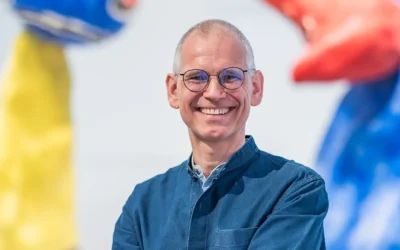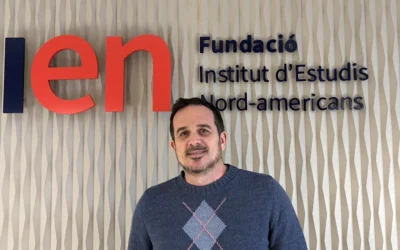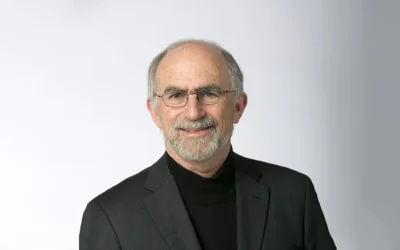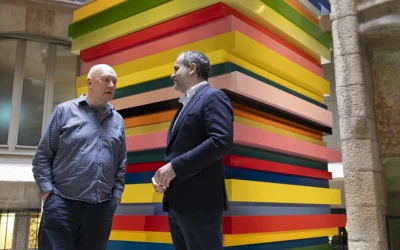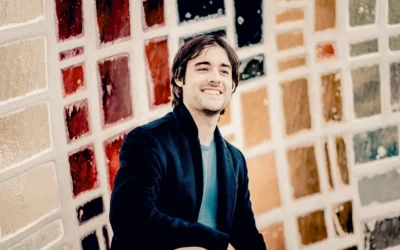Claudio Möller: “The exchange of knowledge between Catalan and American doctors furthers medicine”
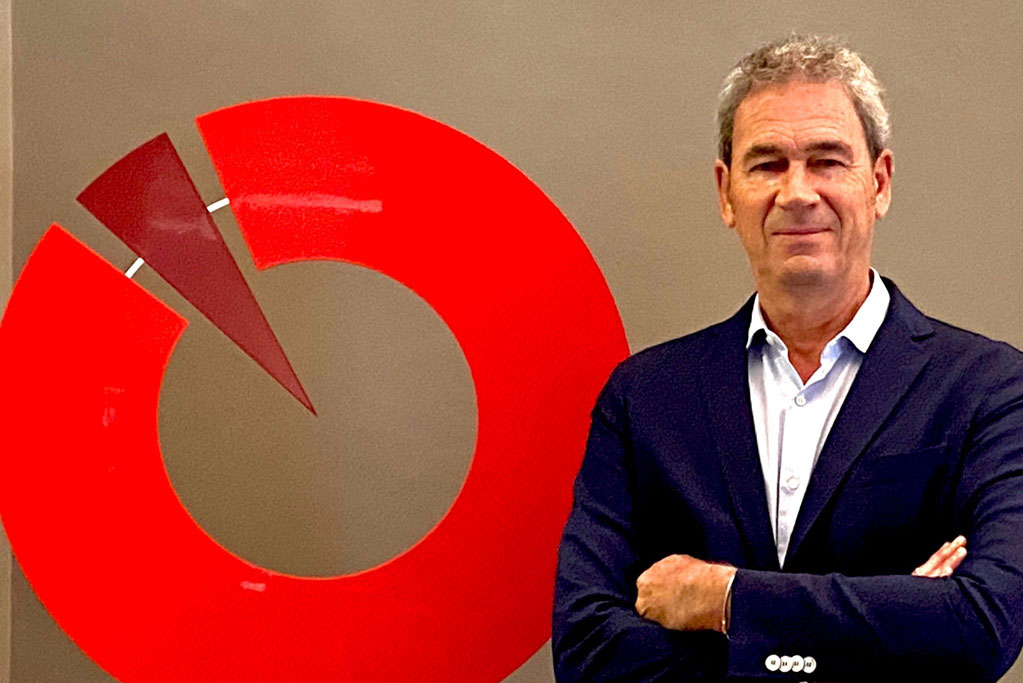
By Marc Amat
For decades, the United States has been a center of attraction of talent for many sectors from technology to science. At the start of the 90s, Claudio Möller, a young Barcelonian with Norwegian roots and the son of a family of entrepreneurs noticed the start of major interest in the Catalan medical sector in training in the United States. It was then that he co-founded Omniprex, an international Barcelona-based company which, for close to 30 years, has offered high-level intensive training to medical personnel throughout the State who want to boost their knowledge in trailblazing health centers in the United States.
He studied marketing, but in the 90s it was clear to him that his career would be in the world of health care.
Yes. I am an entrepreneur. In fact, my parents were too. I have always been eager to create, constantly improve and be a trendsetter. In the 90s, I started searching for new projects that were tightly linked to marketing, which was the discipline I liked the most and which I had trained in. It was at that time that I noticed there was still a long way to go in the world of the medical and pharmaceutical industry. The sector was poorly regulated in the area of marketing. We thought we could bring new ideas. So, we met with executives of major pharmaceutical companies, hospital directors, opinion leaders and politicians. By listening to them, we discovered that high-level medical training was a real necessity; that doctors could not afford it; that the pharmaceutical industry had an interest in funding it; and that the government had an interest in improving the public health system. All the pieces fit together and we decided to create Omniprex.
And the best centers to do this kind of training were in the United States.
Exactly. Most of the world’s top centers in many specialties were, and continue to be, there. They have always been two or three steps ahead of us: not because there is more talent, but because there is more investment coming from the private sector. In fact, the workforce at American hospitals features many talented professionals who were born in Catalonia. In the 90s, the Spanish health system was light years behind the American one. There were public centers with great professionals that had received a major investment in technical equipment, but many patients still opted for private medicine. They felt they were receiving better service there. Now the Spanish public health system has improved substantially, but major differences still remain compared to the United States.
What were the first training courses offered in the United States?
American centers welcomed us with open arms from the outset. In the 90s, it was very unusual to receive training outside Spain, but the United States had already begun to offer courses to medical personnel from other countries. The first courses we offered were for professionals seeking to boost their knowledge of the AIDS virus. To be able to give doctors here the chance to travel to the United States and gain firsthand knowledge of the advances in the study of this disease was amazing. Subsequently, we continued with oncologist training and we have not stopped since.
What does high-performance training consist of?
It features courses of all kinds. Each specialty has its specific characteristics, but they tend to last from two to four days. Professionals arrive at the center in the United States and do highly intensive training days, which start at 8 a.m. and can run until 6 p.m. They are always conducted in small groups to encourage interactivity and the exchange of ideas among professionals. Beyond gaining new knowledge, they return to Spain having discovered how American hospitals work.
The Catalan medical sector has made huge progress in recent years. Do you think that this is, in part, due to the exchange of knowledge it has had with countries like the United States?
High-level training at leading centers in the United States is bound to have a positive impact. In fact, in the United States, they regard these programs highly because they make it possible to network with professionals worldwide. They are a win-win. Previously, such connections were limited to the medical staff you could meet at conferences, but it was very difficult to get the phone numbers or email addresses of attending professionals. Great professional relations emerge today thanks to intensive and reduced-group training courses.
There are hospitals in Catalonia that are also trailblazers in the study of many specialties. Could it be said that Barcelona is the United States of Spain?
Historically, yes. A large number of professionals from the rest of the country came to the Catalan capital to train, and many of them stayed there to work. Today, this dynamic has slowed a little. There are cycles. Barcelona is a spectacular and very open city with a huge capacity to attract talent. It boasts a good healthcare system, making it a training destination for medical personnel from across Europe as they really like the city’s atmosphere.
How has the pandemic affected the training of Catalan doctors in the United States?
We had to stop the attendance-based training because we could not travel. In fact, we will not be able to do so again until November, when the United States is expected to reopen its borders. However, we adapted in order to offer them online, although this was more heavy-going for professionals. We could say that we have undergone three stages. At the outbreak of the pandemic, Catalan professionals were extremely saturated. Nobody wanted to hear about taking training. We only scheduled condensed training on COVID-19. Later on, when everything began to calm down, the demand for training grew hesitantly again, and we offered courses electronically. There is now a huge need for training. Medical professionals want to travel the world again and continue to refine their talents with medical advances in countries like the United States.
Will the transfer of medical knowledge between the United States and Catalonia return to pre-pandemic levels?
Absolutely. Medicine is like a wheel that never stops. It keeps on turning every day, week, and month… There are always new discoveries, treatments and techniques to learn. Catalan and American doctors will continue to need each other. The ongoing exchange of knowledge is the secret to the progress of medicine.
